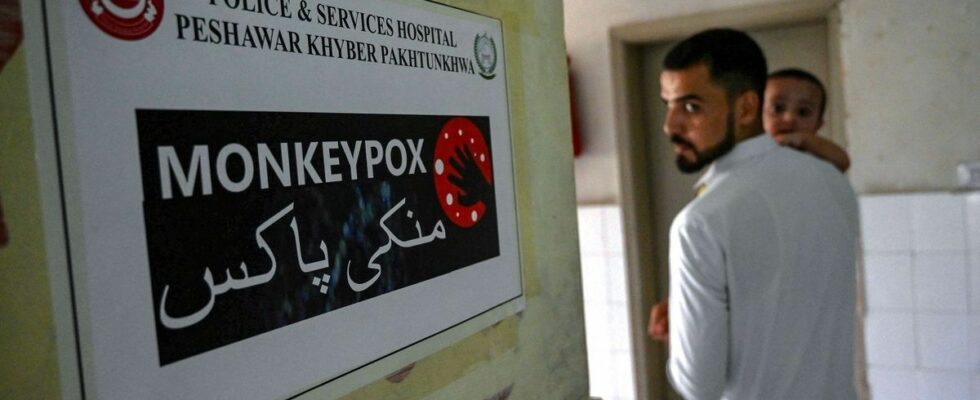Published on
updated on
Reading 2 min.
The world “already knows a lot” about mpox, and therefore it cannot be considered as “the new Covid”, the European director of the World Health Organization (WHO), Hans Kluge, said on Tuesday.
“MPOX is not the new Covid. Whether it is MPOX clade 1, which is causing the current outbreak in Central and East Africa, or MPOX clade 2, which is causing the 2022 outbreak“in the world,” Mr. Kluge said at a press briefing of UN agencies.
“We already know a lot about clade 2. We still need to learn more about clade 1.“, he said, noting that “we know how to fight MPOX.”
The resurgence of MPOX in the Democratic Republic of Congo (DRC), driven by clade 1b which also affects Burundi, Kenya, Rwanda and Uganda, prompted the WHO to declare a public health emergency of international concern on 14 August, the highest level of health alert.
The WHO had already taken such a decision in 2022 when an outbreak of mpox, then carried by clade 2b, had spread across the world. The alert had been lifted in May 2023.
Formerly known as monkeypox, the virus was discovered in 1958 in Denmark, in monkeys bred for research. Then in 1970 for the first time in humans in what is now the DRC (formerly Zaire), previously known as the Congo Basin clade then as clade 1, and now clade 1a following the recent discovery of the 1b variant in the DRC.
“Clade 1a is what was formerly called the Congo Basin clade.“And the sick are usually infected by infected animals,” said Dr Catherine Smallwood of the WHO’s European office.
On the other hand, she said, “we have not isolated or detected zoonotic transmission of clade 1b“. According to the expert, “So it appears to be a strain of the virus that circulates exclusively within the human population, and some of the viral changes that virologists have identified show us that it is likely to transmit more efficiently between humans.“.
“We know that clade 1 is more dangerous than clade 2“, added a WHO spokesman in Geneva, Tarik Jasarevic, but specialists are now trying to find out if there is a real difference between clade 1a and clade 1b, in terms of severity.
“It is only recently that we have discovered clade 1b, which is spreading rapidly (…) but we are not yet sure of its severity” he added.
